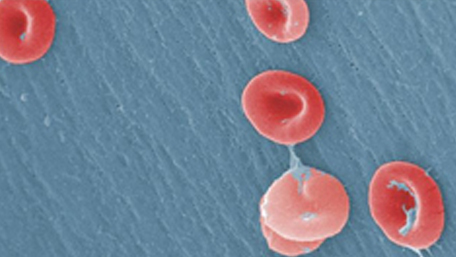
Apr 19, 2024
Last Posted: Apr-19-2024 10:28:29
From the abstract: "Genome sequencing is increasingly used in research and integrated into clinical care. In the research domain, large-scale analyses, including whole genome sequencing with variant interpretation and curation, virtually guarantee identification of variants that are pathogenic or likely pathogenic and actionable. Multiple guidelines recommend that findings associated with actionable conditions be offered to research participants in order to demonstrate respect for autonomy, reciprocity, and participant interests in health and privacy."
From the abstract: "Dietary patterns could have a notable role in shaping gut microbiota composition. Evidence confirms the positive impact of the Mediterranean diet (MD), as one of the most studied healthy dietary patterns, on the gut microbiota profile. We conducted this systematic review to investigate the results of observational studies and clinical trials regarding the possible changes in the gut microbiota composition, metabolites, and clinical outcomes following adherence to MD in healthy cases or patients suffering from metabolic disorders. "
From the abstract: "A large proportion of patients with sickle cell disease (SCD) identify as Black or African American (AA). Social bias and stigma in healthcare outcomes for children with SCD are impossible to explore without considering the impact of racial/cultural identity, socioeconomic status (SES), and geography. It is important to understand the current influences of social movements, expanded health insurance coverage, and telehealth on these variables when considering healthcare outcomes for patients with SCD. "
From the abstract: " Familial hypercholesterolemia (FH) is a heritable disorder affecting 1.3 million individuals in the USA. Eighty percent of people with FH are undiagnosed, particularly minoritized populations including Black or African American people, Asian or Asian American people, and women across racial groups. Family cascade screening is an evidence-based practice that can increase diagnosis and improve health outcomes but is rarely implemented in routine practice, representing an important care gap. In pilot work, we leveraged best practices from behavioral economics and implementation science—including mixed-methods contextual inquiry with clinicians, patients, and health system constituents—to co-design two patient-facing implementation strategies to address this care gap..."
Hot Topics of the Day are picked by experts to capture the latest information and publications on public health genomics and precision health for various diseases and health topics. Sources include published scientific literature, reviews, blogs and popular press articles.
Sign up to receive the daily hot topic email alert.
Archived Hot Topics of the Day By Date- Page last reviewed:Feb 1, 2024
- Page last updated:Apr 19, 2024
- Content source:





